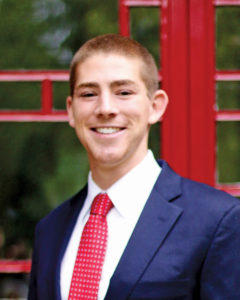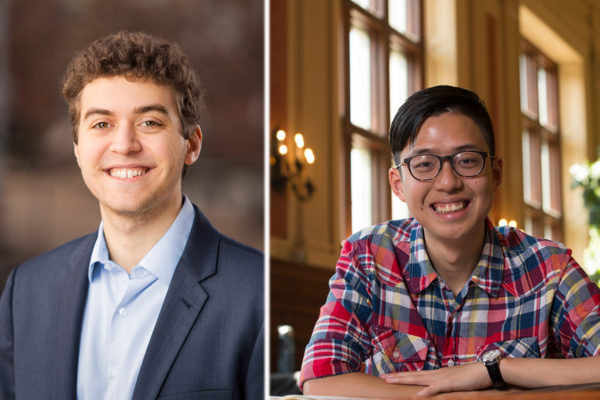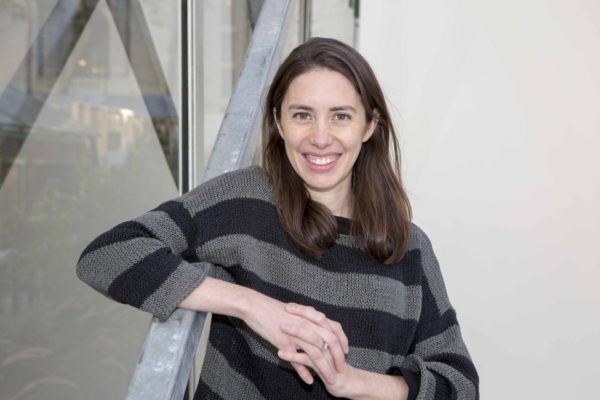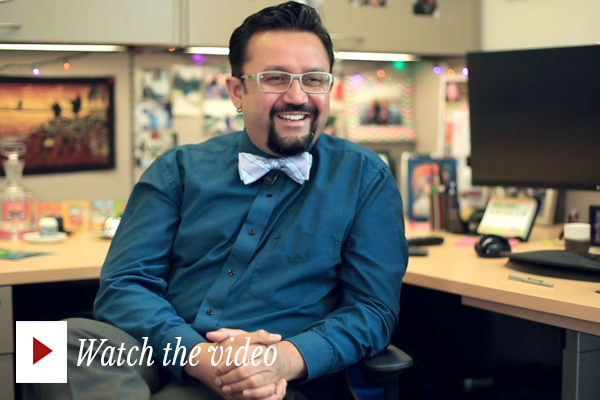
Ryan Mikkelsen, AB ’16, is the first Washington University graduate to attend Yenching Academy of Peking University, one of China’s premier programs for educating future global leaders.
“I started studying Chinese at WashU,” Mikkelsen says about why he applied to the academy. “And that piqued my interest in China as a country.” The economics and international studies major heard about Yenching when a representative visited Washington University. The program offers the best and brightest students from around the world a chance to earn a master’s degree in Chinese studies with all expenses covered. The academy’s aim is to expose students to China in new ways. Students pick a focus for their studies such as law and society, economics and management, or politics and international relations.
“No matter what you’re interested in, China is going to play an important role going forward,” Mikkelsen says.
Mikkelsen started the program in fall 2016. “It’s the most international environment I’ve ever been in,” he says. His classmates hail from more than 40 countries including China, Korea, the United Kingdom and Nigeria.
Mikkelsen also appreciates the caliber of the professors. “I’m in a demographic policy class, and the professor has worked as a leading demographic researcher in China for decades. I’m also in an environmental policy class where the professor has written a lot of the climate change reports that China has published recently.”
In addition to academics, the students also do field studies, work closely with mentors, attend guest lectures by world leaders, have access to research funding, and live in newly renovated facilities. Plus, the program is still malleable. Mikkelsen is in the academy’s second-ever cohort.
“Some of the formal strictures that accompany more established programs aren’t in place yet,” Mikkelsen says. “In a way, you feel like you’re blazing across the Wild West. The program caters to self-starters.”
Mikkelsen fits right in, being highly driven himself. While an undergraduate, he wrote a paper comparing population growth rhetoric in the early days of the United States to the rhetoric from the early days of the People’s Republic of China. With encouragement from his professor, Mikkelsen revised the paper and was able to get it published in an academic journal.
He also organized his own study abroad in Nepal where he conducted research on the economic impact of remittances, money those who have left Nepal send home to their families.
“I definitely feel like what I did at WashU is helping me in a lot of unexpected ways,” Mikkelsen says. “My classmates come from the best universities in the world, and I feel well-prepared for the challenge.”


